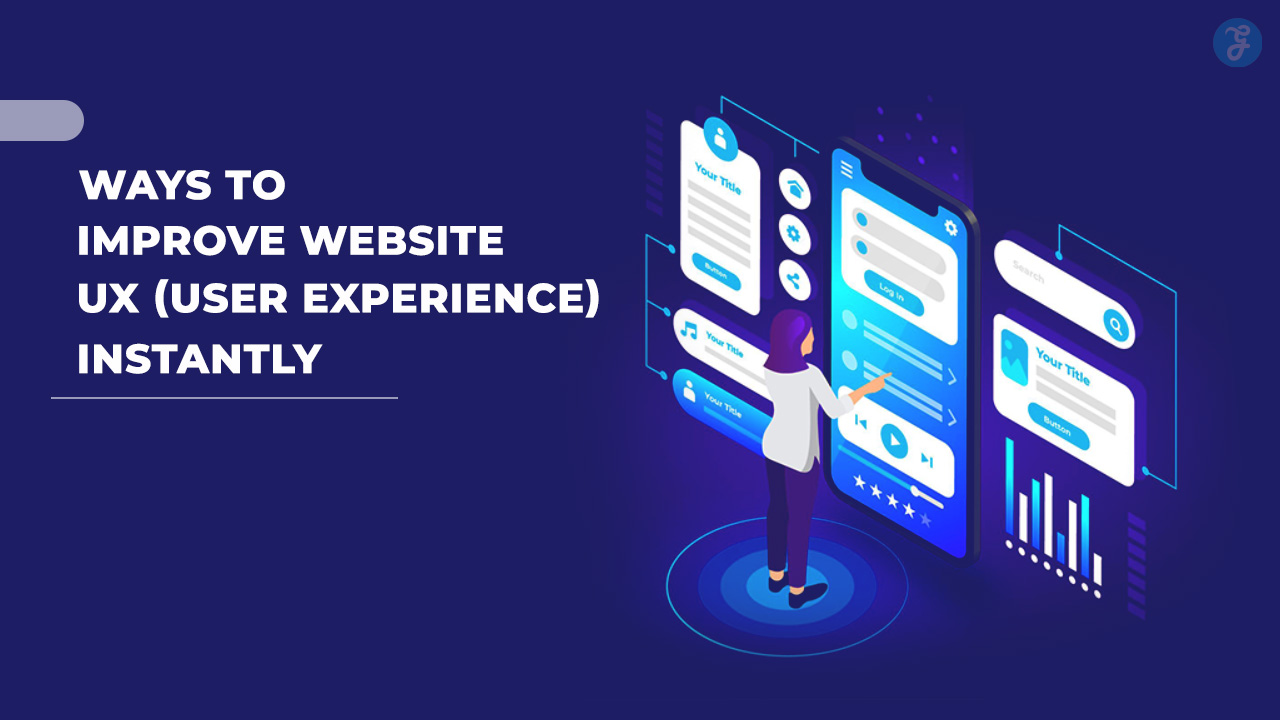Sports law is a specialized area of legal practice that encompasses a variety of issues affecting athletes, teams, leagues, and sports organizations.
As the sports industry grows and evolves, legal matters in this field have become increasingly complex, involving high-stakes contracts, intellectual property rights, labor disputes, and regulations on doping, to name a few.
These issues impact the business and ethical aspects of sports, creating challenges for everyone involved in the industry.
This article delves into the top 10 legal issues in sports law, providing insights into each area and highlighting how they affect the dynamics of modern sports.
Why Legal Issues are Important in Sports Law?
Sports law is essential for maintaining fairness, protecting the rights of athletes, ensuring ethical business practices, and safeguarding public interests.
Legal issues in sports can arise from various interactions, including contracts between athletes and teams, sponsorship agreements, broadcasting rights, and compliance with international standards.
Understanding these legal issues is crucial for stakeholders, as they help:
- Protect Athletes’ Rights: Legal frameworks help ensure athletes are treated fairly and compensated appropriately.
- Maintain Competitive Balance: Laws, especially in antitrust and labor relations, work to ensure fair competition.
- Ensure Ethical Standards: Regulations around doping, gambling, and misconduct help maintain integrity in sports.
- Safeguard Intellectual Property: Protecting the intellectual property rights of teams and sponsors is vital in a brand-driven industry.
Now, let’s take a closer look at the major legal issues shaping sports law today.
1. Contract Law
Contracts are the backbone of the sports industry, governing the relationships between athletes, teams, coaches, agents, and sponsors. They outline rights, obligations, compensation, and terms of employment, providing a legal framework that ensures all parties’ interests are protected.
- Player Contracts: These agreements specify an athlete’s salary, performance incentives, length of employment, and behavioral expectations.
- Sponsorship and Endorsement Contracts: Athletes and teams often have contracts with brands, allowing them to endorse products in exchange for compensation.
- Agent Contracts: Agents who represent athletes must have contracts detailing the terms of their representation, including commission rates and responsibilities.
- Coaching Contracts: Coaches’ contracts set out terms for employment, salary, and termination conditions.
Common Legal Challenges
Disputes over contract terms, salary negotiations, and contract breaches are frequent in sports law. Additionally, cases of wrongful termination, interpretation of non-compete clauses, and contract termination clauses require legal scrutiny.
2. Intellectual Property Rights
Intellectual property (IP) rights are critical in the sports industry, where team logos, brand names, trademarks, and broadcast rights hold immense commercial value. IP rights help teams, leagues, and sponsors protect their brand identities and prevent unauthorized use of their property.
- Trademarks: Teams and leagues register logos, team names, and slogans to protect their brand and prevent unauthorized use.
- Broadcasting Rights: TV networks and streaming services pay hefty sums for broadcasting rights, making it crucial to protect these rights through legal agreements.
- Merchandising: Teams and athletes monetize their brand through merchandise. Unauthorized use of logos and likenesses can lead to IP disputes.
- Image and Name Rights: Athletes’ images and names are valuable assets used in endorsements and media, and IP rights help protect these personal assets.
Common Legal Challenges
Infringement of trademarks, unauthorized broadcasting, and the sale of counterfeit merchandise are common IP issues in sports. Athletes may also face cases involving the unauthorized use of their likeness or image in products or advertisements.
3. Antitrust Law
Antitrust laws are designed to prevent monopolistic behavior and promote fair competition. In sports, these laws help maintain balance in leagues, allowing smaller teams to compete fairly with larger, more financially powerful teams.
- League Operations: Antitrust laws prevent leagues from engaging in anti-competitive practices that could harm other teams or leagues.
- Player Drafts and Free Agency: League regulations on player movement, salary caps, and drafting are subject to antitrust scrutiny to prevent unfair practices.
- Mergers and Acquisitions: When teams or leagues merge, antitrust laws ensure that these actions don’t eliminate competition in the sports market.
- Collective Bargaining Agreements: Antitrust laws impact the agreements between player unions and leagues, ensuring they comply with competitive standards.
Common Legal Challenges
Antitrust lawsuits in sports have involved issues like salary caps, player restrictions, and monopolistic league behaviors. Cases like the NBA’s salary cap or the NFL’s free agency policies have brought antitrust laws to the forefront of sports law.
4. Doping and Drug Testing
The use of performance-enhancing drugs (PEDs) is a major issue in sports, leading to strict anti-doping regulations enforced by organizations like the World Anti-Doping Agency (WADA). Doping regulations protect athletes’ health and uphold the integrity of competition.
- WADA and USADA Regulations: The World Anti-Doping Agency (WADA) and the U.S. Anti-Doping Agency (USADA) set the standards for drug testing and banned substances in sports.
- Testing Procedures: Athletes undergo regular drug tests to ensure compliance with anti-doping rules, especially in major events like the Olympics.
- Sanctions and Consequences: Athletes found guilty of doping may face suspensions, fines, or lifetime bans, depending on the severity of the offense.
- Therapeutic Use Exemptions (TUEs): Some athletes require certain medications for medical conditions and may apply for exemptions under specific conditions.
Common Legal Challenges
Legal issues in doping often arise from disputes over drug test results, the validity of testing methods, or challenges to doping bans. High-profile cases have led to lengthy appeals and scrutiny of the testing organizations’ processes.
5. Labor Law and Collective Bargaining
Labor laws in sports cover employee rights, fair wages, and working conditions for athletes, coaches, and staff. Collective bargaining agreements (CBAs) between player unions and leagues outline the terms of employment, salary caps, health benefits, and more.
- Player Unions: Organizations like the NFLPA (National Football League Players Association) and NBPA (National Basketball Players Association) represent athletes in negotiations with leagues.
- Collective Bargaining Agreements: CBAs govern aspects such as wages, working conditions, free agency, and grievance procedures.
- Health and Safety Standards: Labor laws require leagues to maintain safe playing conditions, injury protocols, and access to medical care.
- Minimum Wage and Salary Caps: Labor laws establish wage standards, ensuring fair compensation and controlling salary disparities.
Common Legal Challenges
Labor disputes often involve negotiations over wages, playing conditions, health insurance, and retirement benefits. Strikes and lockouts can occur when unions and leagues fail to reach agreements, as seen in the 2011 NFL lockout.
6. Athlete Endorsements and Sponsorships
Endorsement deals and sponsorship agreements are major sources of income for athletes, involving contracts that allow companies to use an athlete’s image and name to promote products. These agreements have complex legal requirements to ensure that all parties’ rights are protected.
- Endorsement Agreements: Contracts outline terms of the deal, including compensation, usage rights, and restrictions on competing endorsements.
- Morality Clauses: Many endorsement contracts include morality clauses that allow brands to terminate deals if an athlete engages in behavior that harms the brand’s image.
- Intellectual Property Rights: Endorsements often involve using an athlete’s name, image, and likeness, making IP protection crucial in these contracts.
- Exclusive Agreements: Some endorsement deals grant exclusivity, preventing athletes from endorsing competing brands during the contract period.
Common Legal Challenges
Disputes in endorsements can arise from contract breaches, violations of exclusivity clauses, or controversies surrounding an athlete’s personal conduct, which may trigger morality clauses.
7. Gender Equality and Discrimination
Gender equality and discrimination in sports are important legal issues, with laws like Title IX ensuring equal opportunities for male and female athletes in educational institutions. Discrimination cases can involve unequal pay, lack of resources, and access to facilities.
- Title IX Compliance: Title IX mandates gender equity in educational institutions that receive federal funding, ensuring equal opportunities for female athletes.
- Equal Pay and Compensation: Disputes often arise regarding equal pay between male and female athletes, as seen in cases involving the U.S. Women’s National Soccer Team.
- Facility and Resource Allocation: Legal issues can involve unequal allocation of resources, such as training facilities, coaching, and support staff.
- Transgender Athlete Rights: The rights of transgender athletes to compete according to their gender identity is an evolving issue, raising legal questions on inclusion and fairness.
Common Legal Challenges
Legal disputes in this area often involve equal pay claims, access to resources, and cases of gender-based discrimination in coaching, hiring, or facility allocation.
8. Disability Rights and Accessibility
The Americans with Disabilities Act (ADA) and other laws that promote inclusivity serve as a guide for disability rights in sports. These laws ensure that athletes with disabilities have equal access to facilities, accommodations, and opportunities.
- ADA Compliance: Sports organizations must ensure their facilities and programs are accessible to people with disabilities.
- Inclusive Sporting Opportunities: Leagues and teams are required to provide reasonable accommodations to allow disabled athletes to participate.
- Para-sports and Adaptive Sports: There is an increasing focus on ensuring equal opportunities and resources for para-athletes and adaptive sports.
- Broadcasting Accessibility: Media outlets are also responsible for making broadcasts accessible to viewers with disabilities, including captioning and audio descriptions.
Common Legal Challenges
Disability rights cases in sports often involve issues related to accessibility, accommodation requests, and equal opportunities for disabled athletes in mainstream sports.
9. Gambling and Sports Betting
The legalization of sports betting in various U.S. states has introduced new legal considerations for sports organizations. These laws regulate betting practices, sponsorship agreements, and potential issues surrounding match-fixing and integrity.
- State-Specific Betting Regulations: States have unique laws regulating sports betting, and organizations must comply with local regulations.
- Integrity and Fair Play: Sports leagues work with regulatory bodies to ensure fair play and prevent match-fixing or cheating influenced by betting.
- Gambling Sponsorships: Teams often enter into sponsorship agreements with betting companies, which have strict legal guidelines to prevent conflicts of interest.
- Protection for Athletes and Teams: Legal protections are in place to safeguard athletes from threats or pressure related to betting outcomes.
Common Legal Challenges
Legal issues in sports betting include match-fixing cases, enforcement of state betting regulations, and disputes over gambling sponsorship terms.
10. Athlete Health, Safety, and Medical Care
Sports organizations have a legal duty to ensure the health, safety, and welfare of athletes. This involves injury prevention, concussion protocols, and appropriate medical treatment. Neglect in these areas can lead to serious legal consequences.
- Injury Prevention and Concussion Protocols: Sports organizations must implement protocols to prevent injuries and manage concussions effectively.
- Access to Medical Care: Athletes are entitled to medical treatment, and organizations are legally responsible for providing adequate care.
- Mental Health Support: Legal issues around mental health involve ensuring access to counseling and support services for athletes.
- Drug Testing and Substance Abuse Policies: Protecting athletes from substance abuse includes both drug testing policies and support for addiction treatment.
Common Legal Challenges
Legal challenges in athlete health often involve negligence claims, failure to adhere to safety protocols, and inadequate access to medical support, as seen in concussion lawsuits in the NFL and other leagues.
Conclusion
The legal landscape in sports law is dynamic and multifaceted, touching on everything from athlete contracts and intellectual property rights to issues of discrimination and safety.
These 10 key legal issues illustrate the complexities of modern sports and the need for robust legal frameworks to protect athletes, organizations, and fans alike.
For those involved in the sports industry, understanding these legal areas is essential for navigating the challenges that arise and ensuring fair, ethical practices.
By addressing these legal issues proactively, the sports world can continue to grow, innovate, and inspire fans globally.













































